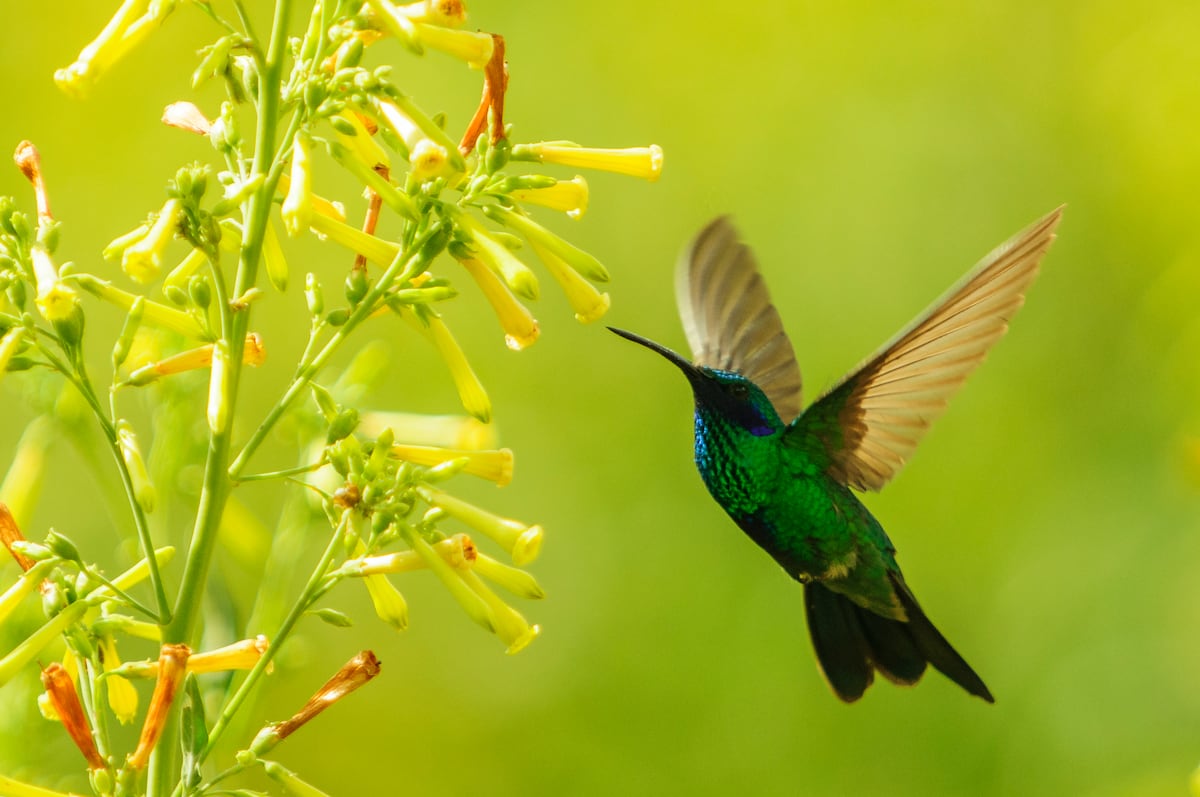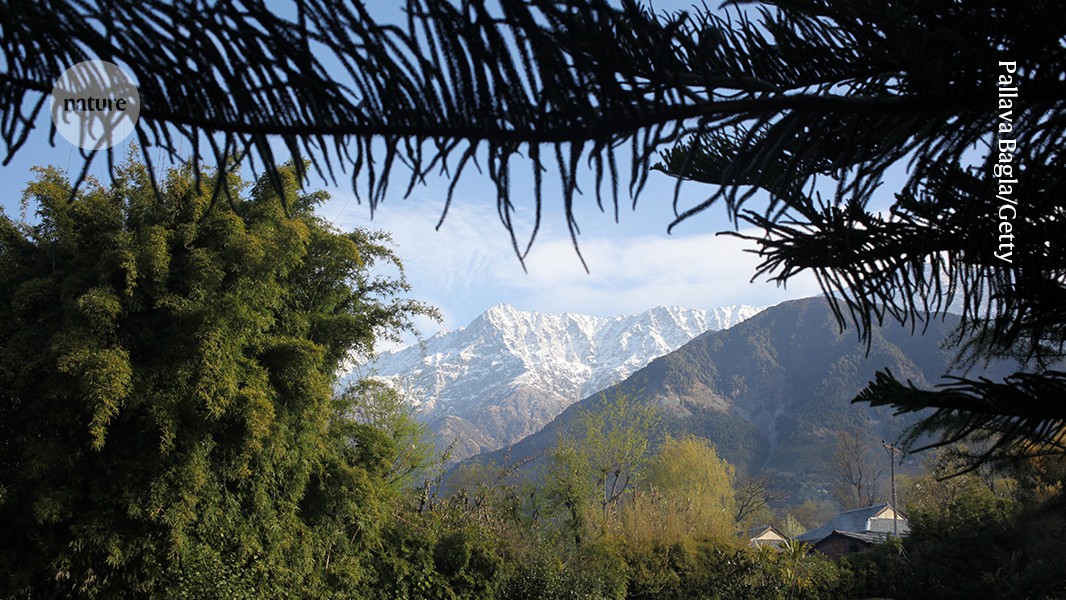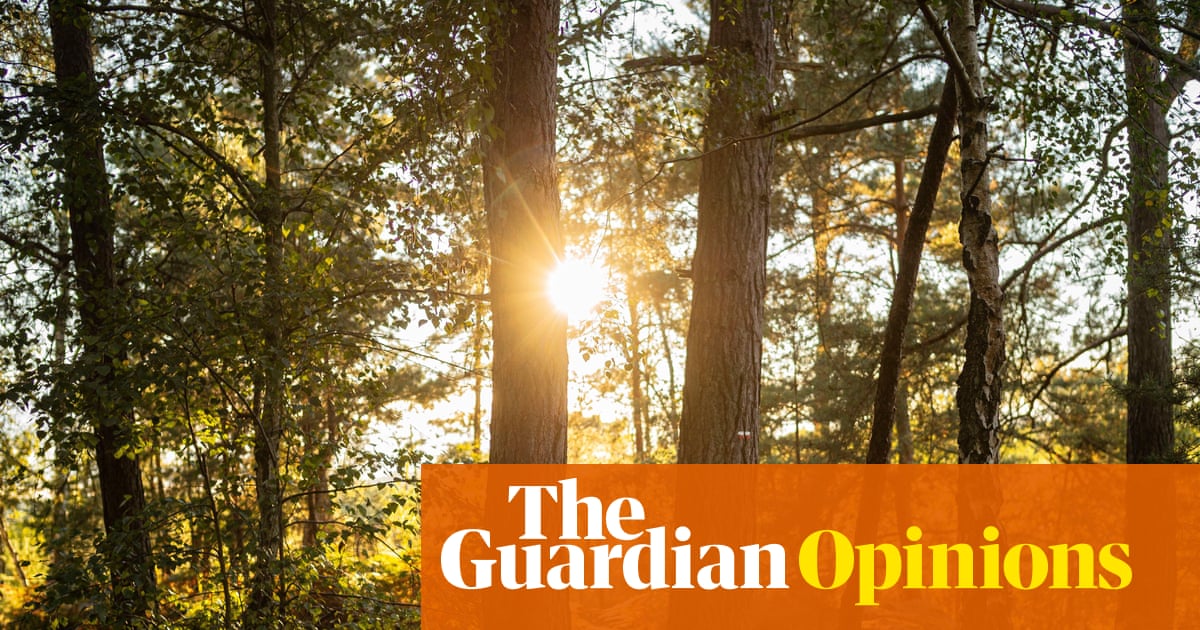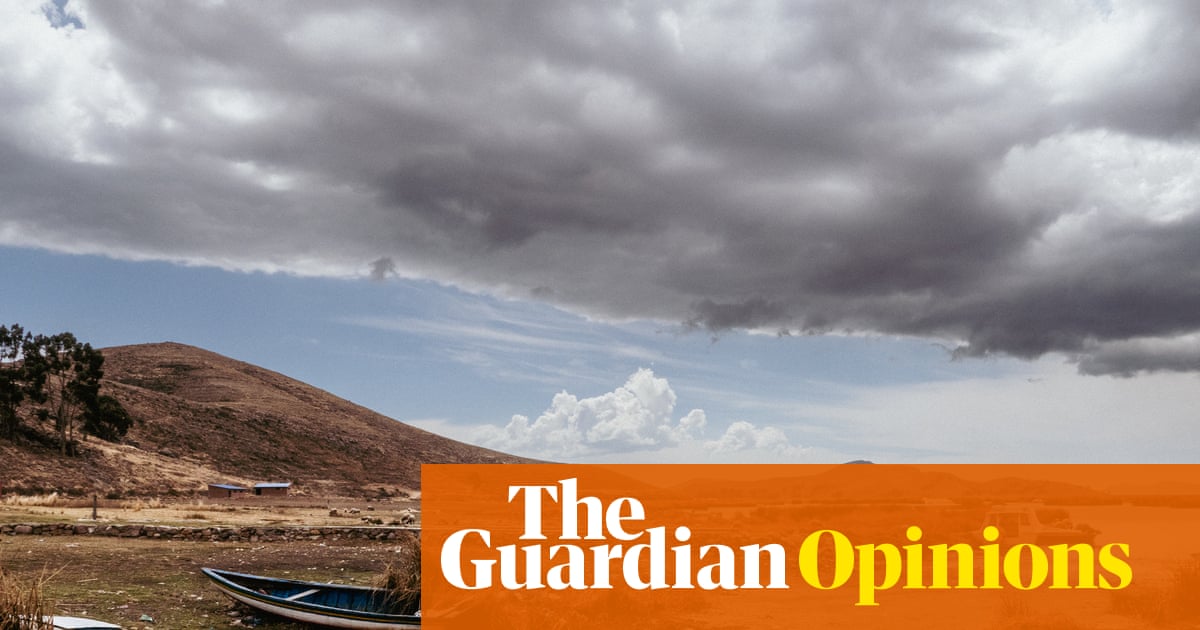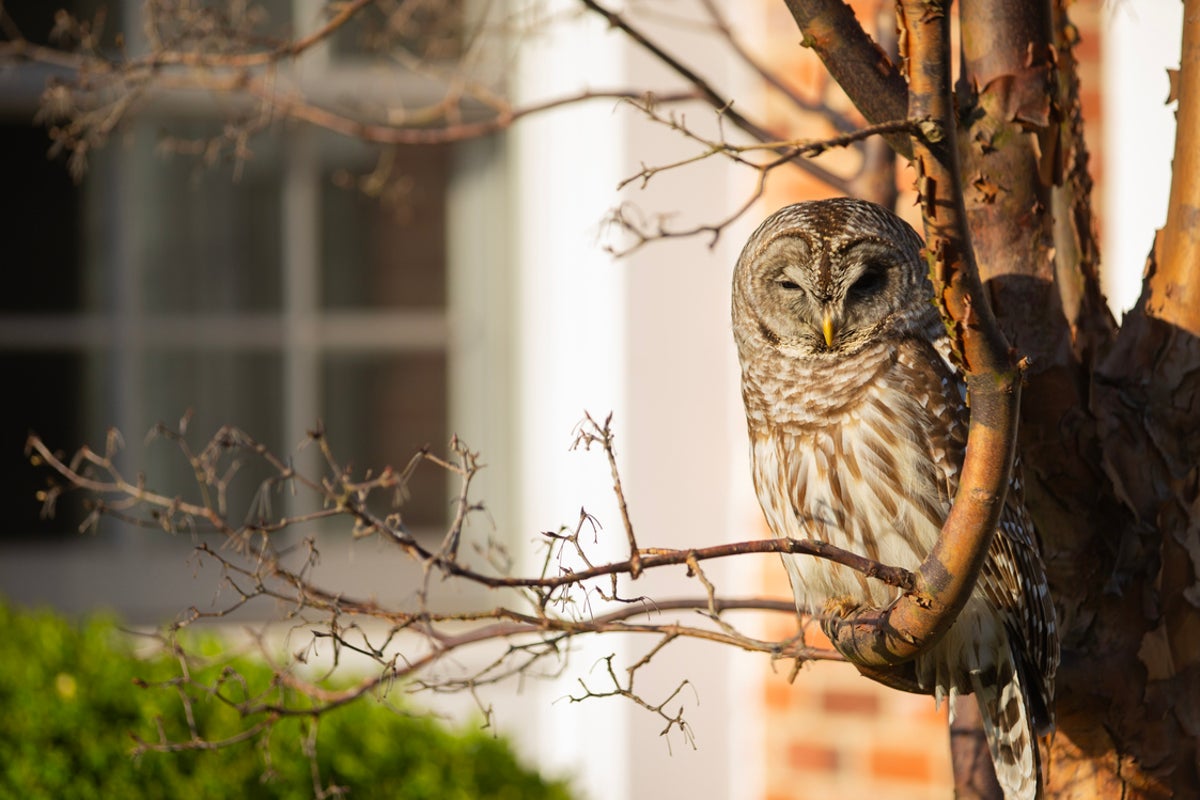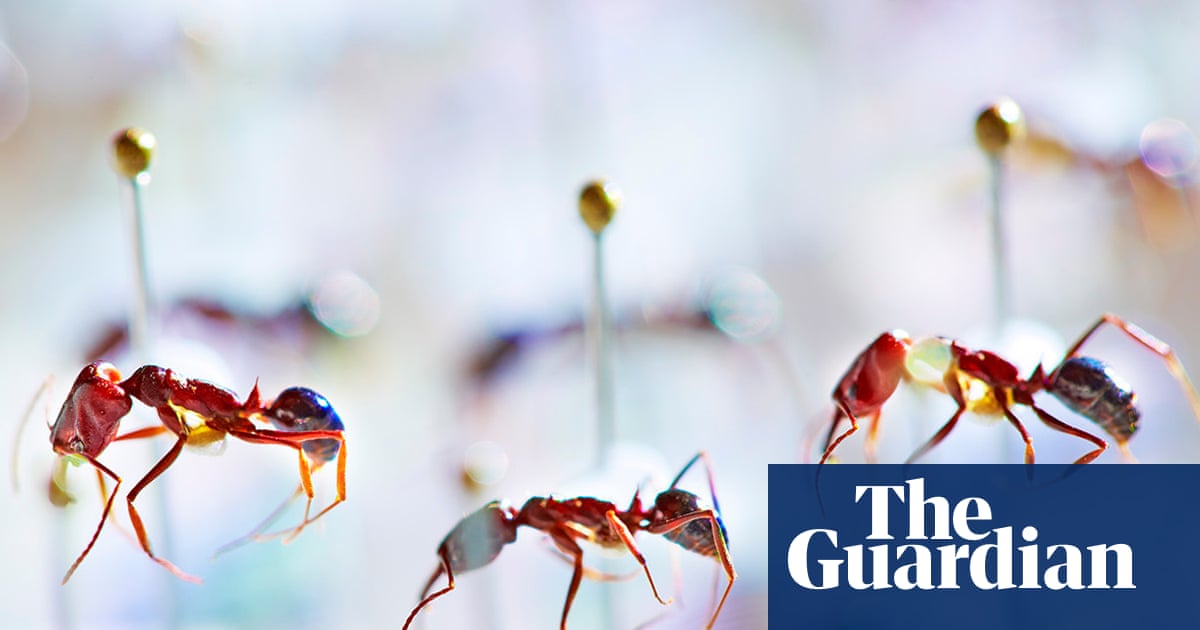fromwww.standard.co.uk
1 day agoAncient oak tree was healthy when it was cut down by Toby Carvery restaurant, report finds
Confirmation that the Whitewebbs Oak was alive at the time of its felling felt inevitable. I visited the tree in the aftermath and there was absolutely no doubt in my mind the tree was very much alive. There were still green shoots and healthy buds and, in fact, just before the felling, tree VETcert-qualified consultants found the tree was in good health with a full crown.
Environment
